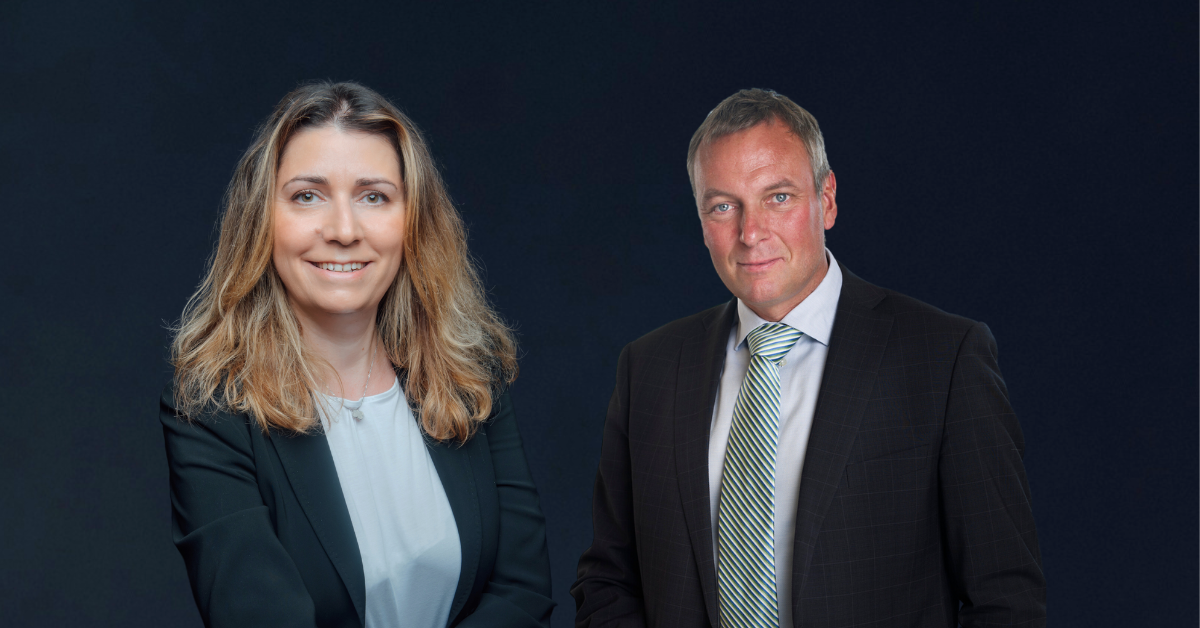We all have an idea of good and bad leadership and how we want the relationship with our manager to be. The interactions between team members and leaders, trust, and good communication are essential for developing a good development culture.
Text: Guro A. Johnsen for SHESKILLZGLOBAL
When I was a young leader, I had a speech called: “What you do is who you become.” My first question to people used to be: “Who has been the most important reason for you being who you are today?” Many people had answered that it was their parents.
When people ask me for career advice, whether they be former elite athletes or anyone else, I always consider and talk with them about focusing on who will be their direct leader and if the organisation has a development culture. If it’s a woman, I ask them to consider if the organisation is a female-friendly organisation or not. As our parents were an essential factor for many of us during our development before we started working, your leader will generally play a central role in your future development as a professional. A good leader will help you reach your goal and mentor you to be who you will be as a professional in the future.
If you have found a leader willing to develop you, take good care of them. When you feel happier at work, you will do a better job and build your career under a good leader. When you are choosing your first jobs, do not focus if this is the job that pays most, but on who you will work for, with and the organisation culture. I believe that in the long term, particularly if you are young and at the start of your career, the professional development that you will get from a good leader and mentor will help you to develop and become a more attractive employee for other organisations later on. A healthy organisation culture with a good climate, focus, and challenging tasks are most important, for you to develop as a professional and to feel good at work. The leader(s) of the organisation is/are the most important to develop a good organisation’s culture.
Safety and trust
Establishing a safe environment built on mutual trust is essential for good coaching/mentoring relations or not. Without trust, it isn’t easy to take in the feedback you receive. When you are confident in your leader, the leader can go much further in his feedback. It can hurt to develop as a professional, and it often hurts to hear that there are areas where you are not a 100 per cent perfect. You can tolerate hard and direct feedback when you are confident that the person giving it is genuinely interested in your development.
Being a leader is about achieving results through others.
If you as a leader want to achieve results through others, you have to know what motivates them, and that there is no point in sitting down with them only once or twice a year. A good leader takes and gives responsibility. It is through commitment that skilled employees develop. When this is misunderstood, the selfish and destructive management takes on the fun tasks by themselves and delegate the rest.
Employees who dare to invest and take new paths are confident that the leader has delegated the responsibility but has not abdicated it. They know that the leader will be there with full support if needed. I was told by my former leader Bjørge Stensbøl that you are allowed to make mistakes, but you should not make the same mistake twice, since it shows that you have not learned anything.
Objectives and expectations.
It is not difficult to set goals. What is difficult is to confront the consequences of the objectives. I previously worked in an elite sports organisation, Olympiatoppen, Norway, and if there is one area in the business world that has a lot to gain from sports, it is within this area. Each individual in the organisation should know the goal, and be clear about the consequences and priorities for the individual. Good leaders who regularly reach the results confront the consequences of the goal.
It is always fun to work in a department/organisation that focuses on development and dares to be ahead of others. If the manager does not dare to challenge himself and those around him, how can we expect the employees to dare?
Hard work
Is your professional future secure if you only get the right leader?
One of the most critical factors in achieving self-development is an inner will and a drive to achieve your goals. It’s about hard work, the right priorities, and the ability to have fun during the process. It’s also about being willing to invest in yourself, and not just expecting others to believe in you and invest time and money in you.
There are far too many people who complain about their manager when they do not reach their goals or are dissatisfied at work. When someone comes to me complaining, I usually give them the following advice:
- Talk with your immediate supervisor. If it does not work, inform them that you want to bring it up with someone higher up in the organisation.
- You can choose not to take up what is bordering you, but then you do not have to complain anymore.
If you bring it up, the following can happen:
- You achieve the desired change and see that you will be able to develop further in the organisation.
- It may not happen or, even worse, that your leader may feel threatened or that the manager on the level over may give you feedback that they have complete confidence in your leader’s choices. Then you have two options left:
- You can continue working there.
- You can leave the organisation and continue your development towards your goal in another organisation.

Photo private. Bjørge Stensbøl.
In 2005 I negotiated an agreement between Adeccos SA and the International Olympic Committee (IOC). The first person I called after the agreement was signed was my former manager Bjørge Stensbøl. I knew that I would not have managed this negotiation, if he had not been the mentor he had been for me through many years. I just had to tell him “Thank you”. The same with former board member of the IOC Gerhard Heiberg. He had been an important discussion partner for me. “Nobody wins alone”. For this reason, it has always been important for me to share my success and credit with those that helped me in my professional development. Without them, I would not have reached the different steps in my development stair.
Thanks and feedback
How often do you say thank you? Remember that being the leader, especially the top leader, is usually a lonely affair.
If you have a leader who is new to her/his role or you are a leader who is new to your role, getting constructive feedback, or positive feedback, from those on your team means a lot. It provides security. When we are safe, we also dare more.
It is not only a leader’s task to develop his employees, but it is also the employees’ task to be involved in developing their leader; this goes both ways in a development culture. My father once told me this when I was not completely happy with one of my former leader’s practice and being a leader “Do not focus only on how he can develop you; think about what you can do to make him better in his role”. From then on, I realised what interaction development requires. It is not only the leader or my responsibility; it is teamwork where we take responsibility for developing each other, and where the leader, through his roles, is responsible for developing the totality.
Reflections
People who are well and feel that they are developing in their role, given responsibility and are important for the organisation, are most often seen performing more than what is expected of them.
If I have managed to start some reflections within you, it’s good. But reflections should result in decisions and action. Remember that doing nothing is also a decision, and often it is convenient – in the short term. But is it a good decision in the long run?
Founder and CEO for SHESKILLZGLOBAL
-
Guro A. Johnsenhttps://www.sheskillzglobal.com/author/guro-johnsen/
-
Guro A. Johnsenhttps://www.sheskillzglobal.com/author/guro-johnsen/
-
Guro A. Johnsenhttps://www.sheskillzglobal.com/author/guro-johnsen/
-
Guro A. Johnsenhttps://www.sheskillzglobal.com/author/guro-johnsen/

















